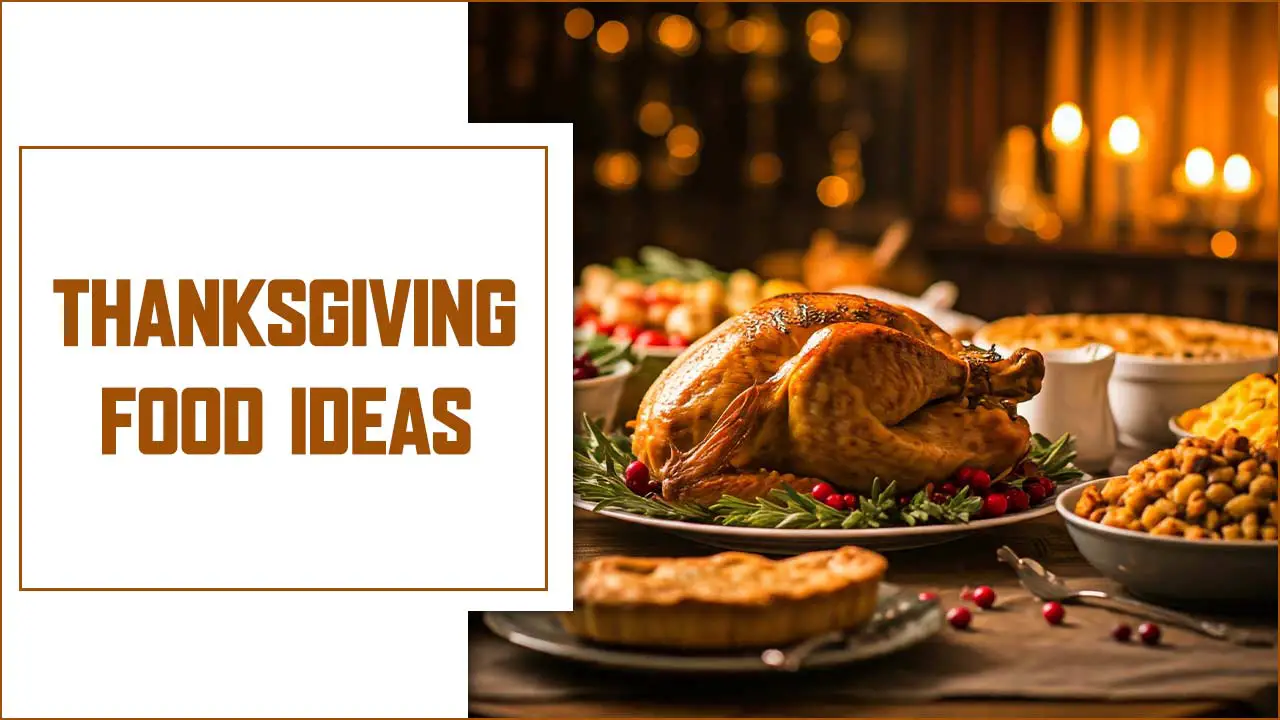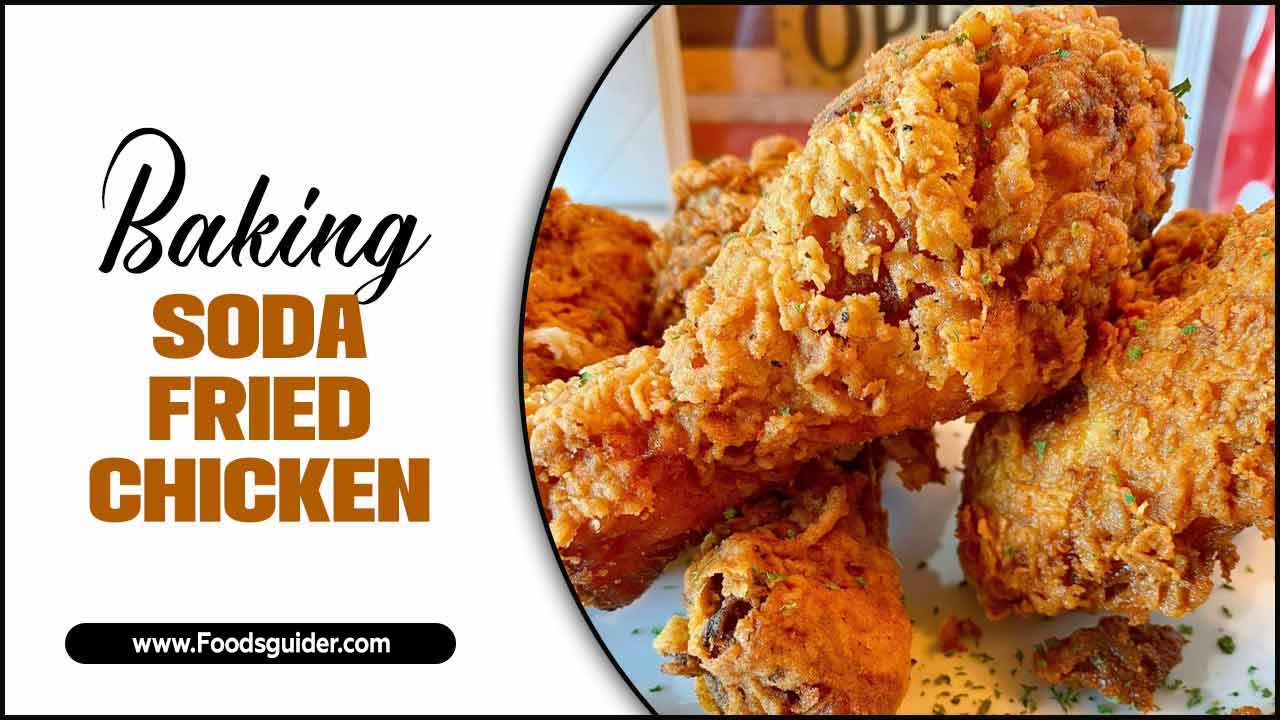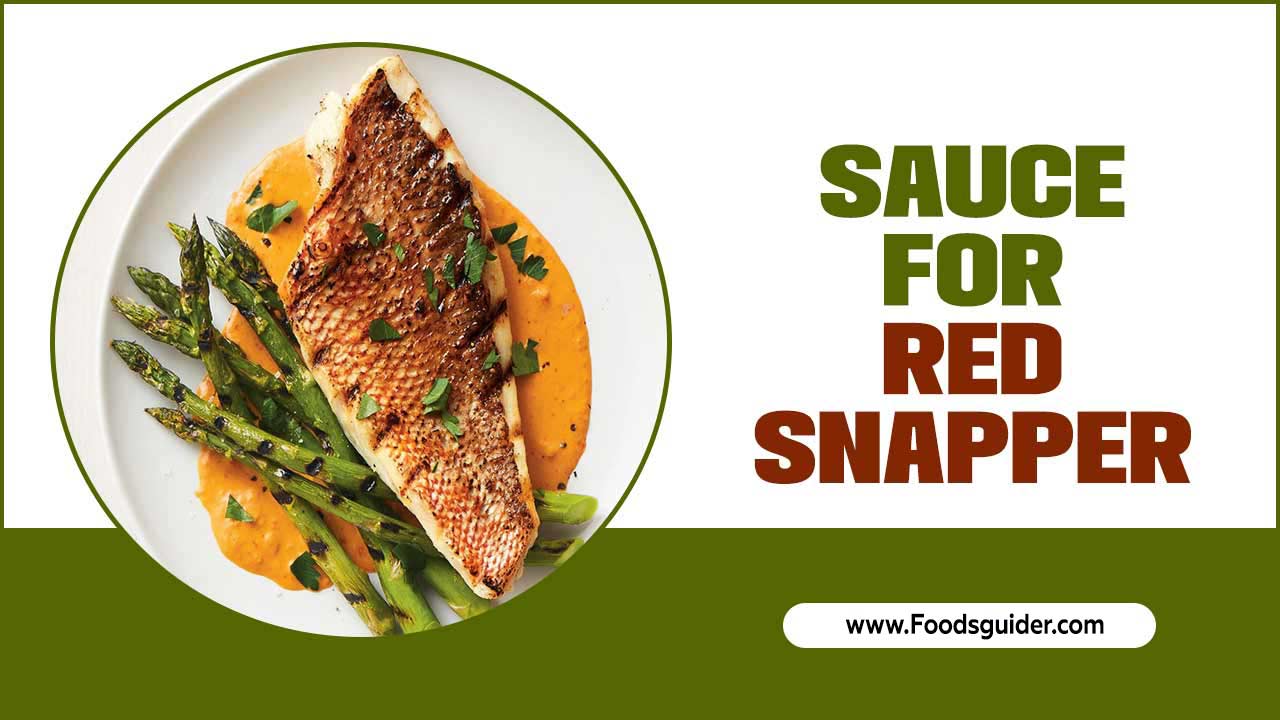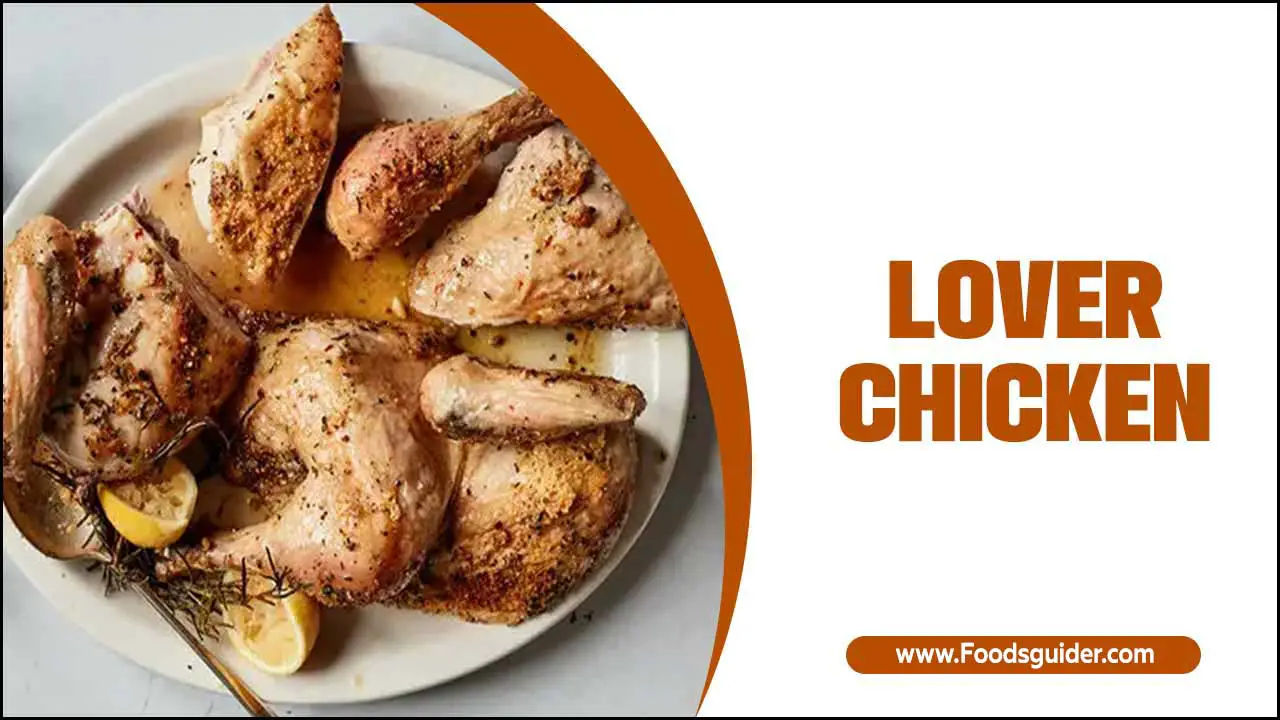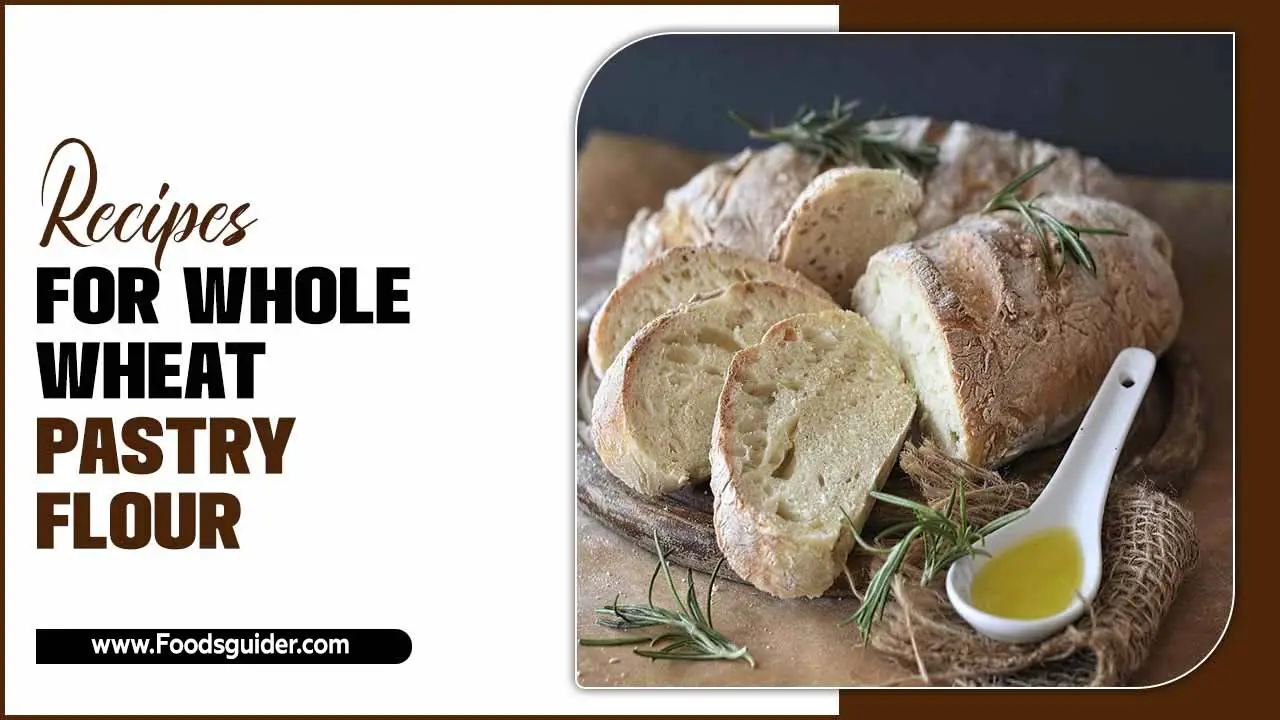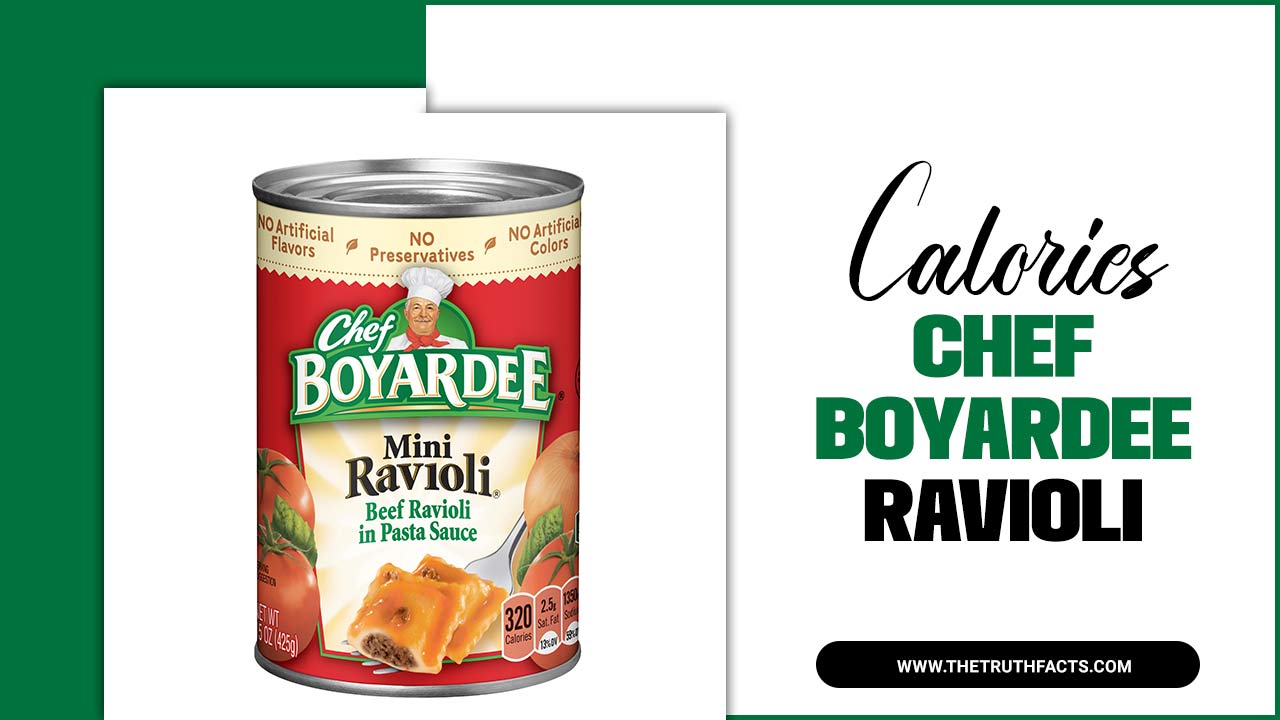Culinary Conferences 2025 offer exciting opportunities for chefs, home cooks, and food lovers to learn new skills, discover trends, and connect with industry leaders. Attending can spark creativity and provide valuable insights into the future of food.
Hello kitchen adventurers! Ever feel like your cooking plateaus a bit? Want to spice things up but not sure where to start? It’s perfectly normal to hit that point, whether you’re whipping up weeknight dinners or dreaming of gourmet creations. The culinary world is always buzzing with new ideas, techniques, and flavors. Sometimes, you just need a friendly guide to point you in the right direction. Luckily, there’s a fantastic way to get that spark and learn from the best: culinary conferences! In 2025, these events are set to be bigger and better than ever, offering a feast for your senses and your mind. Get ready to explore the delicious possibilities that await you.
Why Should You Care About Culinary Conferences 2025?
Imagine stepping into a room filled with passionate chefs, innovative food scientists, and fellow food enthusiasts, all eager to share their love for food. That’s essentially what a culinary conference is! For home cooks like us, these events aren’t just for the pros. They’re a treasure trove of inspiration, practical tips, and a sneak peek into what’s cooking in the food world.
Think about it:
- Discovering the latest healthy eating trends that you can easily incorporate into your family meals.
- Learning quick cooking hacks to save time on busy evenings.
- Finding out about new ingredients that can elevate your everyday dishes.
- Getting inspired by master chefs to try something new and exciting in your own kitchen.
These conferences are designed to make food accessible and fun for everyone, no matter your skill level.
What to Expect at Culinary Conferences in 2025
The culinary world is constantly evolving, and 2025 conferences will reflect that dynamism. You can expect a broad spectrum of topics, catering to every palate and interest. The focus is increasingly on sustainability, health, and global flavors.
Key Themes You’ll Likely See
- Sustainable Food Practices: Discover how chefs and industry leaders are reducing waste, sourcing ethically, and promoting eco-friendly cooking.
- Plant-Based Innovation: Explore the exciting world of vegan and vegetarian cuisine, with creative dishes that even the most committed carnivore will love.
- Global Flavors & Fusion: Learn about authentic recipes from around the world and how to blend them for unique taste experiences.
- Food Technology & The Future of Eating: Understand how technology is shaping how we grow, cook, and consume food.
- Health & Wellness Cooking: Dive into recipes and strategies for delicious food that supports healthy lifestyles.
- Artisan Craftsmanship: Appreciate the skills behind bread making, cheese produksi, charcuterie, and more.
Are Culinary Conferences Just for Professionals?
Absolutely not! While many attendees are industry professionals, a growing number of culinary conferences are actively welcoming passionate home cooks, aspiring chefs, and food bloggers. These events provide fantastic learning opportunities for anyone who loves food and wants to deepen their understanding. You’ll find demonstrations that show simple techniques you can replicate at home and discussions on topics relevant to everyday cooking. Many conferences also have dedicated tracks or events for the general public.
Finding the Right Culinary Conference for You
With so many options popping up, how do you choose the one that’s perfect for your culinary journey? Consider what you hope to gain from the experience. Are you looking to master a specific cuisine, learn about baking techniques, or understand food trends?
Steps to Selecting a Conference:
- Identify Your Interests: What areas of cooking excite you the most? (e.g., pastry, international cuisine, healthy eating, specific ingredients).
- Research Key Events: Look for conferences that align with your interests. Major cities often host significant culinary events.
- Check the Program: Browse the schedule of speakers, workshops, and demonstrations. Do they offer content relevant to home cooks?
- Consider the Cost and Location: Factor in tickets, travel, and accommodation. Some conferences offer virtual attendance options.
- Read Reviews: See what past attendees have said about their experience.
Spotlight on Potential Culinary Conferences & Their Focus (Based on Trends)
While specific dates and full lineups for 2025 are still being finalized, we can anticipate some recurring major events and emerging themes that are likely to be prominent. Keep an eye on these types of gatherings for your 2025 culinary adventures!
Major Food & Beverage Expos
These large-scale events often include trade shows, educational sessions, and celebrity chef appearances. They are excellent for seeing a wide range of products and trends.
- Fancy Food Shows (Winter & Summer): Run by the Specialty Food Association, these are prime spots for discovering new gourmet products and networking. They often have educational sessions covering market trends and consumer behavior.
- National Restaurant Association Show: While geared towards foodservice professionals, this massive event in Chicago often highlights consumer trends, new product innovations, and culinary demonstrations that can inspire home cooks.
Specialty Culinary Festivals
These events focus on specific cuisines, ingredients, or culinary techniques. They are often more intimate and offer deep dives into particular subjects.
- International Wine & Food Festivals: Many cities host these, featuring tastings, cooking demos, and talks from chefs and winemakers.
- Baking & Pastry Summits: Look for events dedicated to the art of dessert making, bread baking, and confectionery.
Ethical & Sustainable Food Conferences
These are becoming increasingly important, focusing on responsible sourcing, reducing waste, and promoting healthier food systems.
- Food Tank Summits: Food Tank often hosts events focused on food system solutions, sustainability, and policy. Their discussions can be incredibly insightful for understanding the bigger picture of food.
- Green Festival: While broader than just food, these festivals often have significant components dedicated to sustainable food and agriculture.
Virtual & Hybrid Culinary Events
The rise of online platforms means more accessible learning. Many conferences now offer virtual attendance, allowing you to learn from experts anywhere in the world. Keep an eye out for announcements from culinary schools, food magazines, and industry associations.
Essential Insights for Attendees
To make the most of any culinary conference you attend, be prepared and have a plan. It’s easy to get overwhelmed by the sheer amount of information and opportunities!
Before You Go:
- Set Goals: What do you want to learn or achieve?
- Review the Schedule: Identify sessions and demonstrations that interest you most.
- Prepare Questions: Think about what you’d like to ask speakers or chefs.
- Pack Smart: Comfortable shoes are a must! Bring a notebook and pen.
- Check for Apps/Websites: Many conferences have dedicated apps for schedules and networking.
During the Conference:
- Arrive Early: Especially for popular sessions, to get a good spot.
- Engage: Don’t be shy to participate in Q&A sessions or chat with presenters.
- Network: Talk to other attendees, speakers, and vendors. You never know where a connection might lead!
- Take Notes: Jot down key takeaways, recipes, and ideas.
- Sample Everything: If there are tasting opportunities, dive in! It’s a great way to discover new flavors.
- Be Open-Minded: Try new things and listen to different perspectives.
After the Conference:
- Review Your Notes: Consolidate your learnings and identify actionable steps.
- Practice What You Learned: Try out new recipes or techniques in your own kitchen.
- Connect with New Contacts: Follow up with people you met.
- Share Your Experience: Blog about it, talk to friends, or post on social media. This helps solidify your learning.
Culinary Conferences vs. Online Resources: What’s the Difference?
While the internet is a fantastic resource, culinary conferences offer a unique, immersive experience.
| Feature | Culinary Conference | Online Resources (Blogs, Videos, Courses) |
| :—————— | :————————————————– | :—————————————————– |
| Interaction | Direct, face-to-face with experts and peers. | Limited or asynchronous interaction. |
| Hands-On Learning | Live demonstrations, tasting opportunities, workshops. | Can be done via DIY, but often without direct guidance. |
| Inspiration | High, through atmosphere, presentations, and networking. | Can be high, but more individual and less immersive. |
| Networking | Excellent opportunities to build professional and personal connections. | Much more challenging to build meaningful connections. |
| Discovery | Serendipitous discovery of new products, trends, people. | More controlled and based on search queries. |
| Cost | Typically higher (tickets, travel, accommodation). | Often free or lower cost (course fees). |
| Accessibility | Location and time-dependent; some virtual options. | Highly accessible, available anytime, anywhere. |
Both have their place, but conferences offer a unique energetic and tactile learning environment.
The Impact of Culinary Conferences on Home Cooks
Attending a culinary conference can be a game-changer for your home cooking adventures. It’s not just about learning a new recipe; it’s about gaining confidence, understanding ingredients better, and finding joy in the creative process.
Imagine learning a professional knife skill from a chef and then flawlessly chopping vegetables for your stir-fry. Or tasting a perfectly balanced sauce and understanding how to achieve that harmony in your own dressings. These experiences translate directly into better, more enjoyable meals for you and your loved ones. You’ll come away with practical tips, a broadened culinary perspective, and the motivation to experiment more boldly in your kitchen.
Budgeting for a Culinary Conference
Navigating the cost of attending a culinary conference is key to making it a realistic goal. While some events can be pricey, there are ways to manage the expenses and ensure you get value for your money.
Cost Factors to Consider:
- Ticket Price: Varies significantly based on the event’s size, duration, and prestige. Early bird discounts are common.
- Travel: Flights, train tickets, or gas for driving.
- Accommodation: Hotel stays or other lodging. Consider sharing a room with a friend.
- Food & Drink: Beyond conference meals, you’ll need to eat.
- Materials: Sometimes, specific tools or ingredients are needed for workshops.
- Membership Discounts: Belonging to certain culinary organizations might offer discounted tickets.
Tips for Saving Money:
- Book Early: “Early bird” pricing is your best friend!
- Look for Group Discounts: If you can go with friends, investigate group rates.
- Consider Virtual Attendance: Many conferences now offer online passes at a lower cost.
- Budget Accommodation: Explore options outside of prime downtown hotels or consider Airbnb.
- Pack Snacks: Save money on some meals by bringing your own food for breaks and travel.
- Focus on Value: Prioritize sessions and experiences that offer the most benefit for your learning goals, rather than trying to attend everything.
FAQs About Culinary Conferences 2025
What exactly is a culinary conference?
A culinary conference is an event where food professionals, enthusiasts, chefs, and industry leaders gather to share knowledge, discuss trends, showcase innovations, and network. It can range from large trade shows to smaller, focused workshops.
Are culinary conferences good for beginners?
Yes! Many conferences include beginner-friendly demonstrations, workshops, and talks. They are a fantastic way for home cooks to learn new skills and get inspired without needing professional experience.
When are culinary conferences usually held?
They happen throughout the year. Major expos often occur in spring and fall, while smaller festivals or themed events can be scheduled any time. Specific dates for 2025 are being announced now, so keep an eye out!
How much does it cost to attend a culinary conference?
Costs vary widely. Day passes might range from $75 to $300+, while multi-day passes for major events can be $500 or much more. Virtual tickets are generally cheaper. Don’t forget to factor in travel and accommodation!
What is the most famous culinary conference?
Some of the most renowned include the National Restaurant Association Show (USA), the Fancy Food Shows (USA), and various large international food and wine festivals around the globe.
What can I learn at a culinary conference?
You can learn about new cooking techniques, emerging food trends (like plant-based eating or sustainability), global cuisines, food photography, business tips for food ventures, nutrition, and much more!
How can I find culinary conferences in 2025?
Start by searching online for “[Your City/Region] culinary conferences 2025” or “food festivals 2025.” Follow major food publications, culinary schools, and industry associations on social media, as they often announce events.
Conclusion: Your Next Culinary Adventure Awaits!
As we look ahead to 2025, the world of culinary conferences is brimming with opportunities to enrich your cooking life. Whether you dream of mastering sourdough, exploring the vibrant flavors of Southeast Asia, or simply becoming more confident in the kitchen, there’s an event waiting for you. These conferences are more than just gatherings; they are catalysts for creativity, connection, and a deeper appreciation for food.
Remember, you don’t need to be a professional chef to benefit from these incredible events. They are designed to inspire and educate food lovers at all levels. So, start planning your 2025 culinary journey today! Keep an eye on event announcements, set your budget, and get ready to immerse yourself in a world of delicious discovery. Your taste buds will thank you for it!

